How AI is advancing medical research
Able to absorb, examine and analyze staggering amounts of data, artificial intelligence (AI) helps medical researchers identify disease patterns and predict patient outcomes.
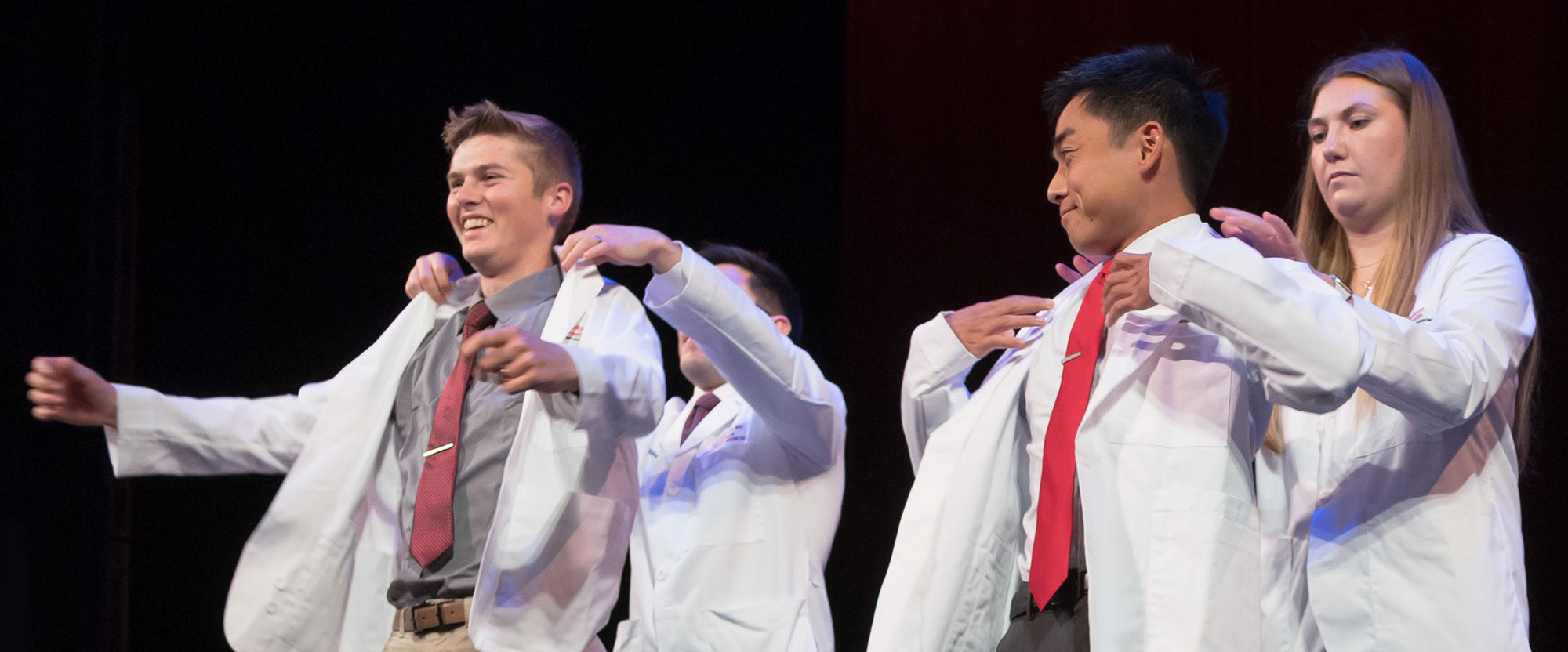
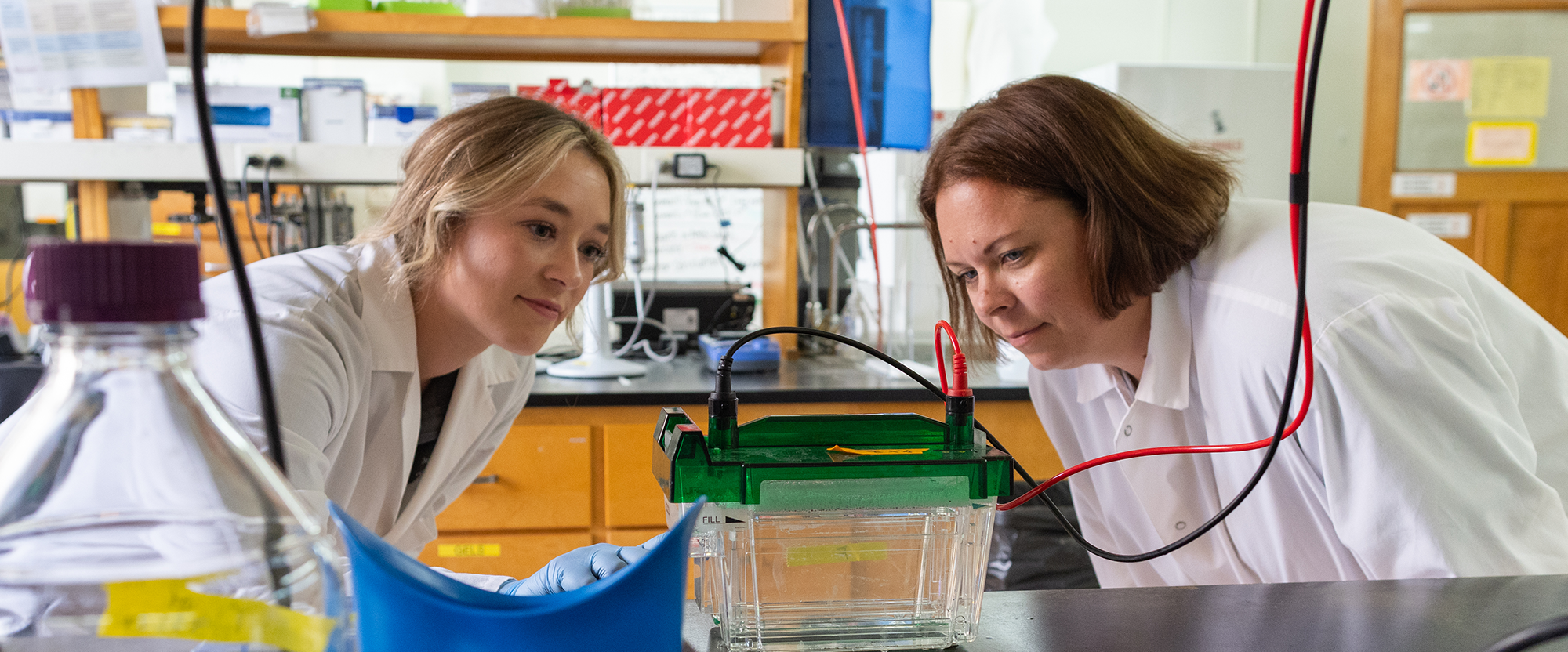
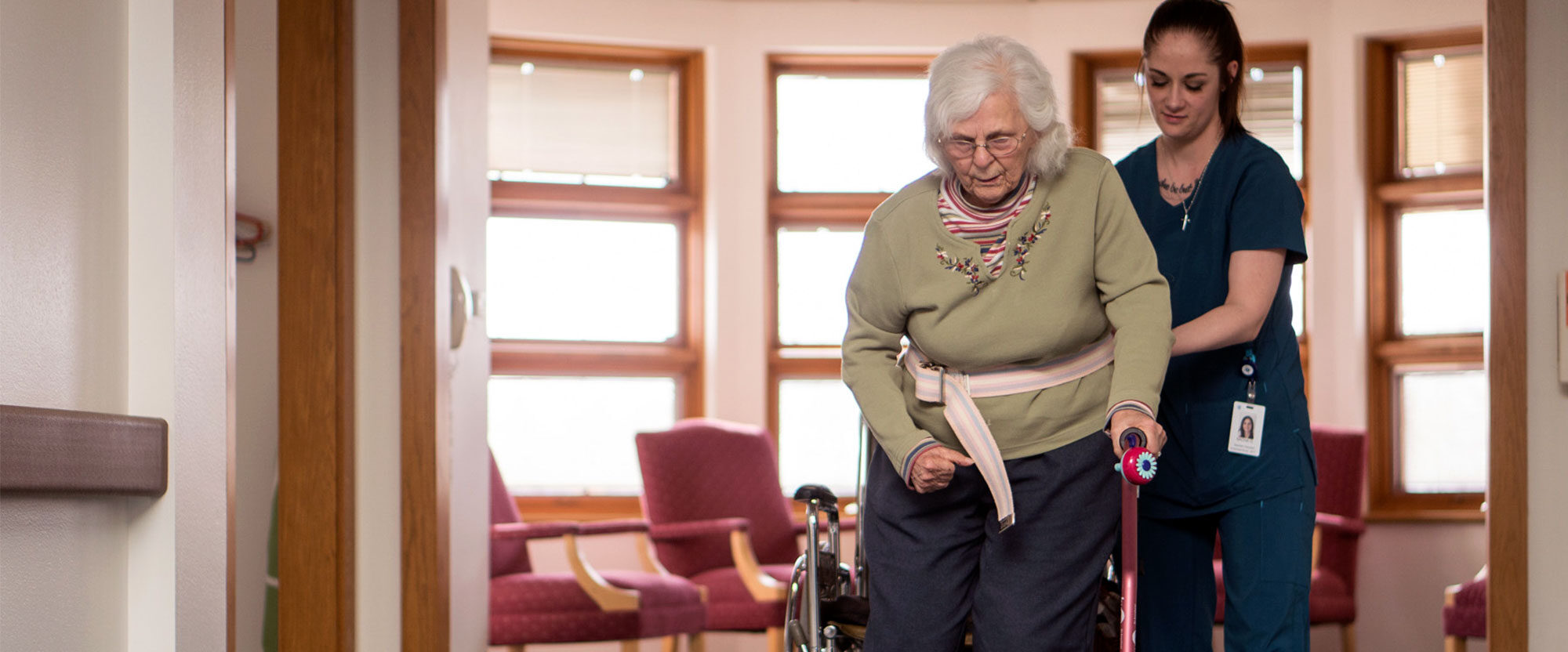
Students benefit from the unification of medicine and public health in teaching, learning and research. Our statewide campus and our partnership with UW Health University Hospitals and Clinics mean more opportunities for hands-on learning, collaboration and engagement.
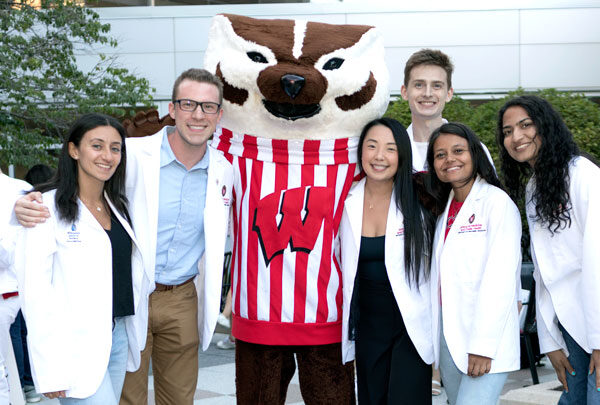
School of Medicine and Public Health in the country
Health professions programs + 27 PhD and MS graduate programs*
Departments and 30+ centers and institutes
Clinical training partners in Wisconsin
Extramural research funding
Faculty in clinical, basic and applied science
* Including 8 affiliated programs
We are advancing health and health equity through remarkable service to patients and communities, outstanding education and innovative research.
The Neighborhood Atlas® maps degrees of socio-economic disadvantage, which can affect health outcomes.
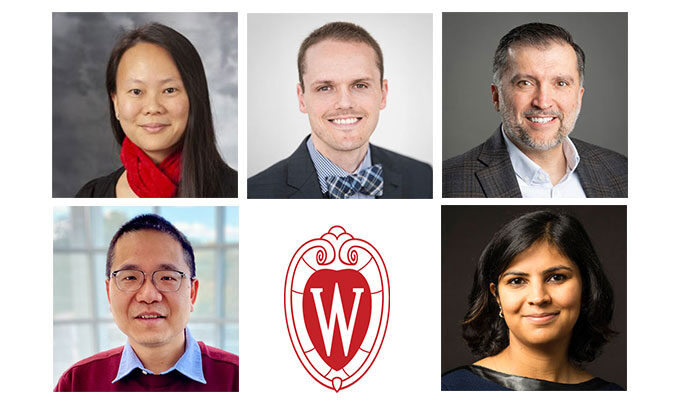
Able to absorb, examine and analyze staggering amounts of data, artificial intelligence (AI) helps medical researchers identify disease patterns and predict patient outcomes.

Americans are getting sicker earlier in life. More than half of young adults aged 18-34 years report at least one chronic condition, such as obesity or diabetes, and adults in midlife are increasingly likely to have two or more.
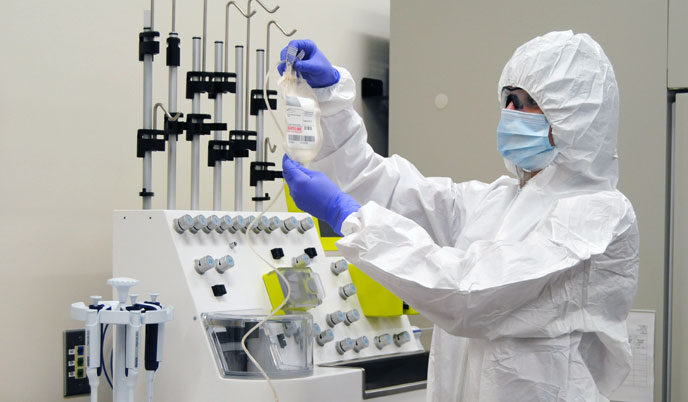
A therapy currently being tested in a clinical trial at the University of Wisconsin School of Medicine and Public Health to treat a common symptom of Sjögren’s disease recently got a boost from the Food and Drug Administration.
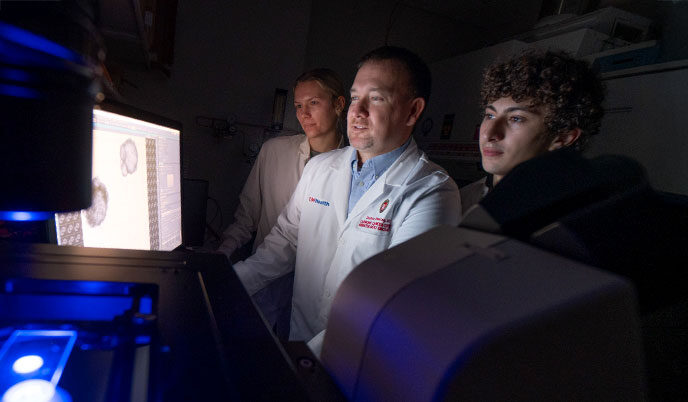
University of Wisconsin–Madison and Immuto Scientific have officially entered into a collaborative agreement to identify disease-specific, novel therapeutic targets in colorectal cancer.
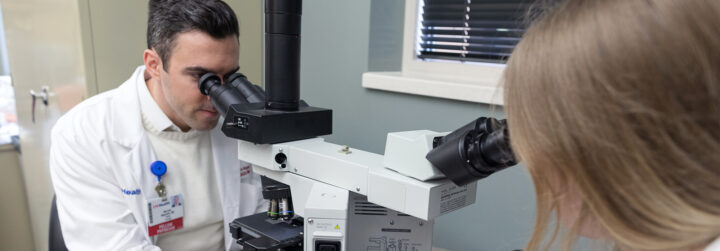
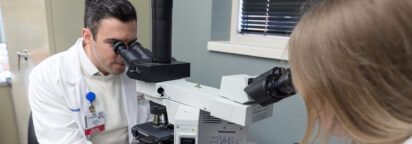
We are proud of our long history of innovation and translational research. From microscopy to medical informatics, from cancer research to kinetics and rehabilitation, our investigators are making key discoveries that lead to better treatments.
The School of Medicine and Public Health has a deep and profound commitment to creating belonging for everyone, both as an end in itself and as a valuable means for improving health outcomes.
Social impact and belonging mission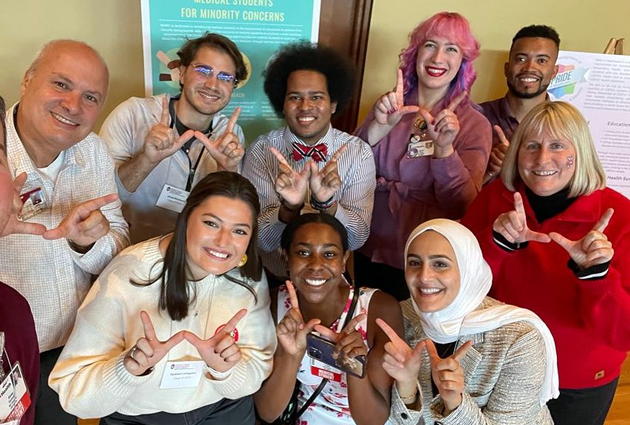
In keeping with the Wisconsin Idea, our engagement extends across the state. Through affiliations with UW Health, hospitals, and rural and urban clinics, students and faculty participate in education and research and improve the lives of the people of Wisconsin and beyond.
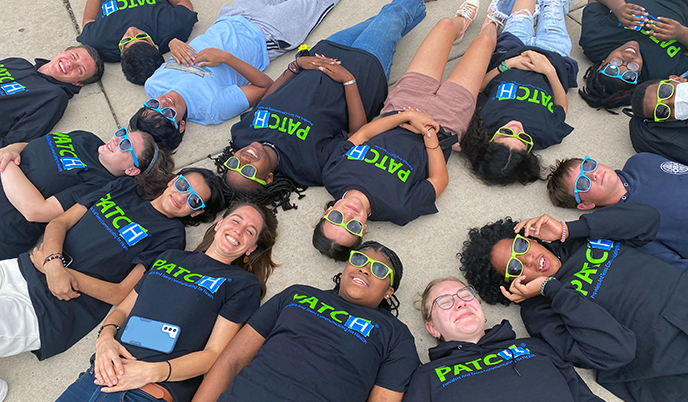
The Wisconsin Partnership Program funds education initiatives, research and community health programs targeting the state’s vital health needs.
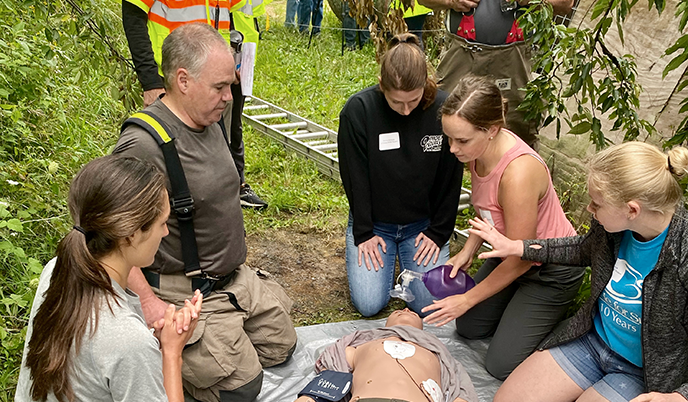
The borders of our campus extend to the entire state. Medical students learn from hundreds of volunteer physicians at hospitals and clinics throughout Wisconsin.
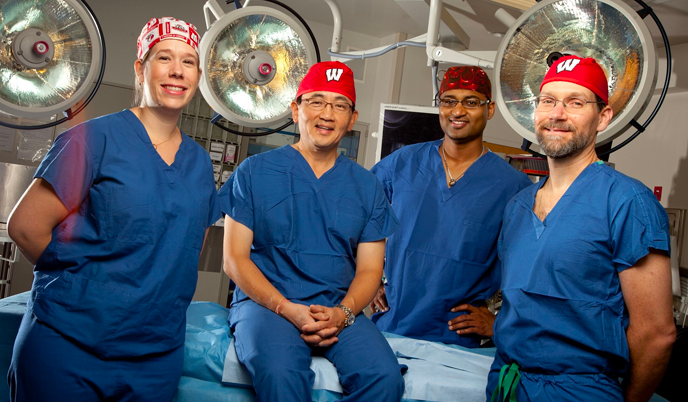
UW Health faculty physicians care for patients at University Hospital, Carbone Cancer Center, American Family Children’s Hospital and other regional hospitals and clinics.
Wisconsin Medicine is the philanthropic partnership between the UW School of Medicine and Public Health, UW Health and donors like you.